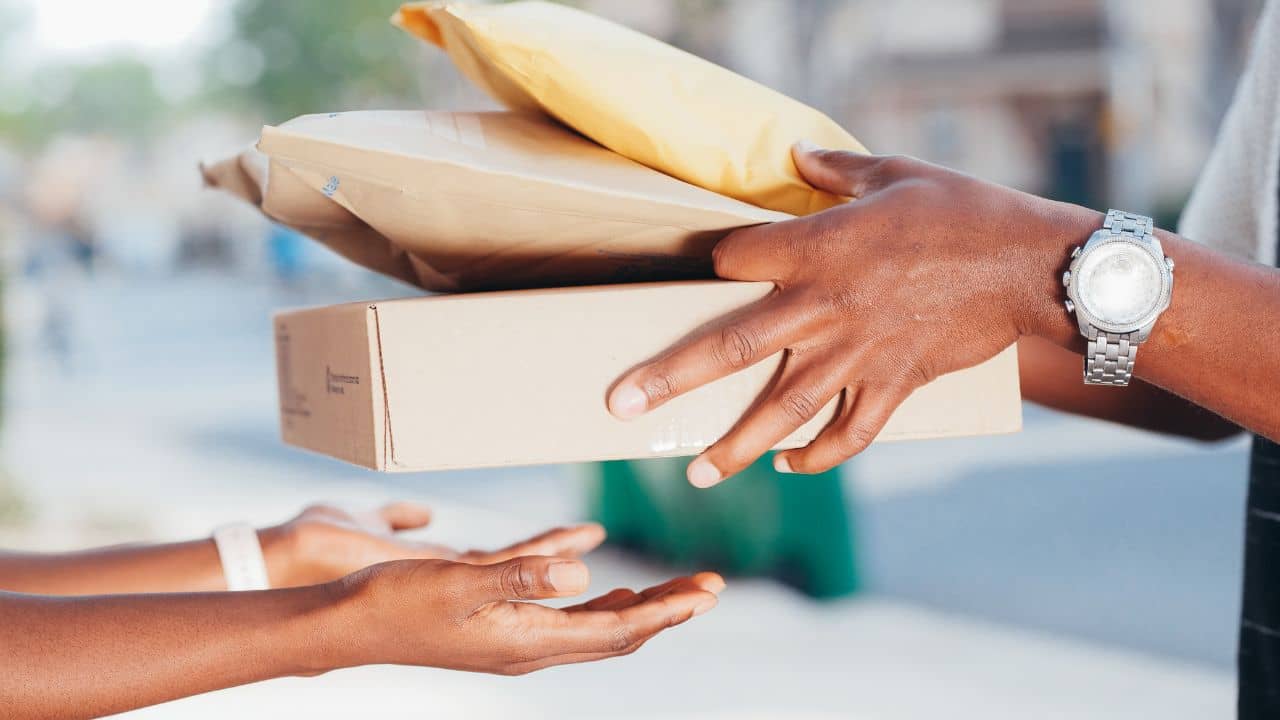
The Journey of Your Package: Behind the Scenes with NZ Customs and Biosecurity
4-minute read (4-minute watch)
Ever wondered where your package goes on its journey to you?
Well, it’s quite a team effort involving several companies. If you want to track down your parcel, you’ll need to connect with either New Zealand Post, the courier, fast freight or the shipping company responsible for sending it.
They’re the ones handling the entire process, from receiving and storing the package to keeping tabs on its movement and delivering it to you.
While NZ Customs play a crucial role in checking items entering the country, they don’t handle package tracking and can’t trace your parcel for you.
When international parcels arrive in New Zealand, they go through checks carried out by both NZ Customs and the Ministry for Primary Industries (MPI).
After the inspection, the baton is passed to New Zealand Post, and they take charge of delivering your parcel to your doorstep.
However, if more details are needed or if there are charges to be paid, New Zealand Post will get in touch with you through a letter.
If your package is addressed to a person at a private address, and there are charges to settle, NZ Post will tell you that your package is awaiting Customs clearance and enclose a Customs invoice. Once the bill is settled, your package will be released for delivery.
But if your package isn’t addressed to a person at a private address, the letter will guide you to seek assistance from someone who knows the ins and outs of Customs rules and can arrange clearance, such as a customs broker or freight forwarder or you can get help from New Zealand Post directly.
Contact the Easy Freight team now for your Customs clearance services.

A common bugbear for senders can be delays. If you’re ever wondering why your parcel is held up, it could be as simple as understanding the NZ customs duty rates or NZ-prohibited items.
The accurate manifesting of parcel data to New Zealand Customs is a legal requirement and is important to ensure goods are not mis-declared, which can often result in a parcel being unnecessarily held.
It is also essential to know that NZ maintains comprehensive and strict security procedures. If you fail to declare international goods, especially ones considered risky or NZ-prohibited items, you may be fined or arrested, even if it was accidental.
Some items can’t be imported to New Zealand for health and safety reasons. These are called restricted goods.
Restricted items fall into two categories: prohibited goods you can’t send and some you can, so long as you have a permit.
If you are unsure which category an item falls into, contact the New Zealand Customs Service before shipping.
The following items are considered either prohibited or restricted for importation into New Zealand.
Note this is not a comprehensive list, but these items are ones that are commonly attempted to be sent according to NZ Post but are prohibited.
Restricted Items
1. Electronic/electric appliances, devices and toys containing Lithium (including Lithium-ion & Lithium-ion polymer) batteries.
Prohibited General Category
2. Ammunition & Weapons
3. Batteries & Corrosives
4. Explosives & Fireworks
5. Flammable Liquids
For detailed information, please refer to this link.
As with New Zealand Customs, the accurate manifesting of parcel data to the Ministry for Primary Industries (MPI) is important.
The increasing volume of trade and travel is placing pressure on New Zealand’s biosecurity system.
New pests and diseases not only have an impact on human health but can also damage agricultural and horticultural production, forestry and tourism, and trade in international markets.
The following are restricted:
- Food of any kind
- Plants or parts of plants (alive or dead)
- Animals (alive or dead) or their products
- Equipment used with animals*
- Equipment such as camping gear, golf clubs, and used bicycles*
- Biological specimens
* Used or second-hand equipment is of concern to MPI, brand new equipment does not concern them.
For additional information, please refer to this link.
Illegally or incorrectly shipping restricted items could result in legal consequences, including jail time, so do be careful!
If you’re importing goods into New Zealand that cost less than NZ$1,000, you won’t have to pay anything to customs since GST is collected when you buy your items.
Regardless of the value, there will be NZ customs duty charges and GST on alcohol and tobacco products.
Use NZ Customs’ duty estimator to determine what charges there may be: What’s my duty estimator
For all shipments (either commercial or private) over NZ$1000, you will need a Customs Number, and you’ll have to pay duty and GST when the goods arrive in NZ.
If you’re curious about why some packages require extra checks at the International Mail Centre, watch this video by the New Zealand Customs Service that explains the reasoning behind it and offers tips to make the process smoother.
So, remember that a bunch of different players work together to ensure your package reaches you.
Source: New Zealand Customs Service, NZ Couriers and NZ Post International guide to sending
P.S. Easy Freight Ltd helps New Zealand importers & exporters to save money on international freight and reduce mistakes by guiding how to comply with Customs and biosecurity rules.
➔ Contact us now to learn how we can assist you.
